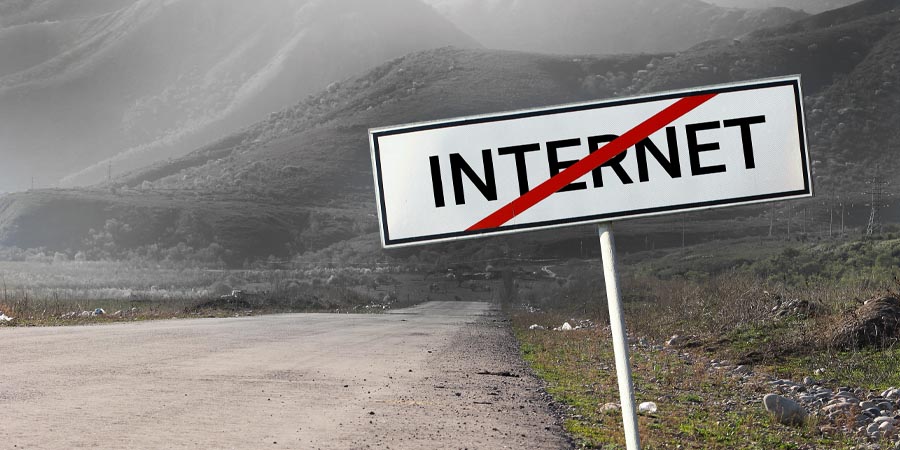According to a study conducted by the ITU, approximately 2.7 billion individuals, or roughly one-third of the global population, are still without internet access.
“These numbers highlight the importance of measuring and tracking data so that we know where to focus our efforts to meaningfully connect everyone to the Internet by 2030. With these developments, we must also focus on building digital skills for all to equip users with the necessary skills that may help unlock value and have a rewarding, safe experience online,” ITU Telecommunication Development Bureau Director Cosmas Luckyson Zavazava commented.
On a positive note, the number of connected individuals has risen to 67%, reaching 5.4 billion people. This accounts for around 100 million more people who have gained internet access since the last ITU survey conducted the previous year.
"This improvement in connectivity is another step in the right direction," said ITU Secretary-General Doreen Bogdan-Martin. "We won't rest until we live in a world where meaningful connectivity is a lived reality for everyone, everywhere."
While developed nations have already achieved widespread internet adoption, the most significant growth in connectivity is occurring in low-income or developing countries.
Also Read: Connectivity Gap: Unbroken Adversity in Rural Areas
Despite these positive developments, the current trends are not robust enough to ensure that the goal of universal and meaningful internet access for all will be achieved by 2030.
Also Read: Lack of Connectivity Stunting Economic Development and Deepening Global Inequalities, Says ITU











